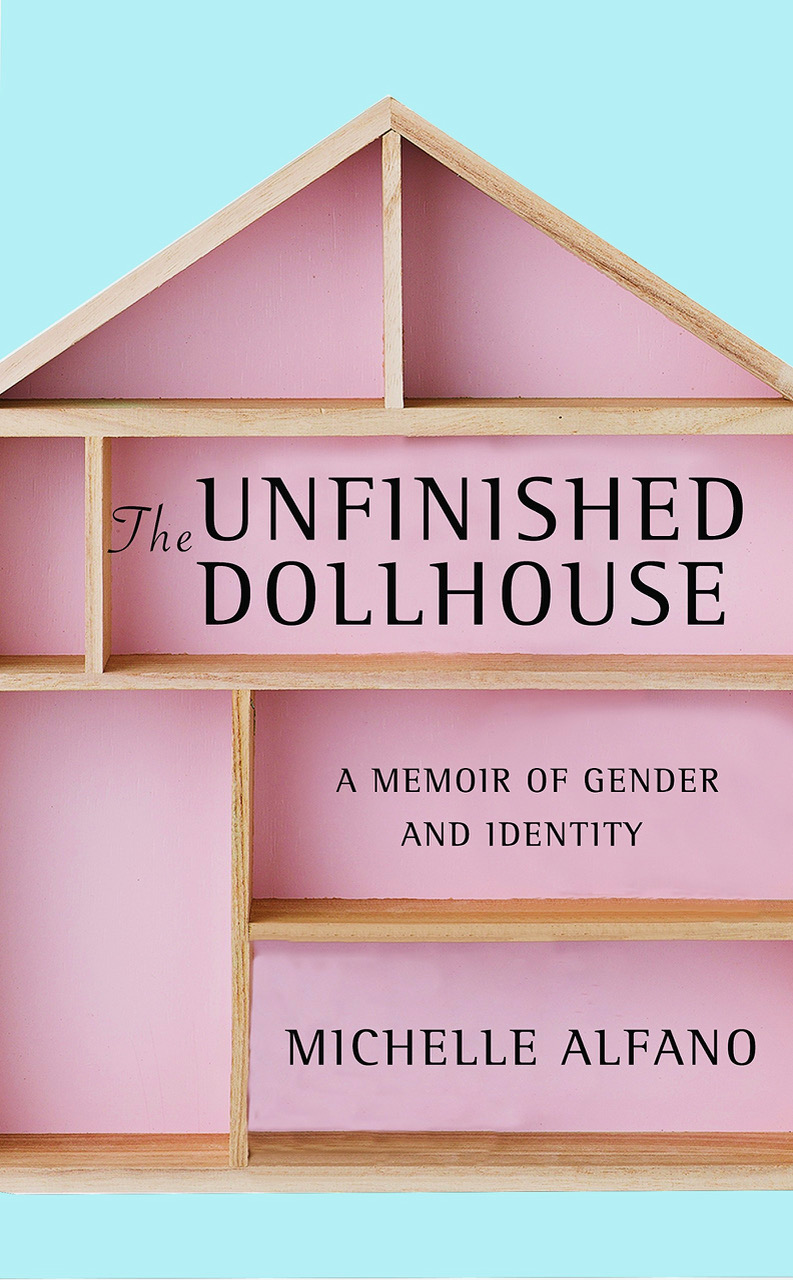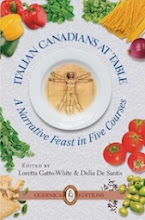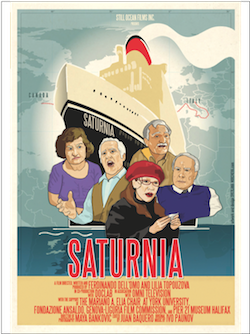The titles of St. Aubyn's semi-autobiographical fiction in this quintet are stubbornly simple. Never Mind, the first novel, we can assume is about little Patrick Melrose's abuse at his father's hands and how he tries to cope with it - by casting it out of his mind, stiff upper lip and all that British nonsense. The second book, Bad News, involved the death of his father and how that leaves Patrick in the throes of a nasty addiction to heroin in NYC where he has gone to retrieve the body of his father. Some Hope offers just that for recovering addict Patrick and a sort of reconciliation of the abuse he suffered at his father's hands as a child. (Please see reviews of both books here and here).
As much as I like St. Aubyn's writing (his elegance, his wit) I find, perhaps based on his rightfully felt anger, that he deals with acerbically rendered stereotypes: the aristocratic are shallow and calculating (Patrick's own class); the royals (represented by Princess Margaret here) are rude, bullying and impossibly stupid; the French (as personified by the ambassador and his wife) are pompous, social climbing buffoons.
The upper classes, the ultra rich sort who consort with royals, are jockeying into position to have access to Princess Margaret at this soiree. The hostess, Bridget, wife of the very wealthy Sonny, will even go so far as ask her own mother Virginia to have dinner elsewhere so that she is not embarrassed by her commonness. Bridget hires a nanny who terrifies her (and her child) because she thinks it's the proper thing to do despite her misgivings about the woman. Sonny spends time with the child, not particularly because he cares for her but with an eye to how she will treat him in the future as his sole heir.
They, Patrick's fellow aristocrats, pair, and separate, on seeming whims (boredom, lust) or more calculating ones (they want a male heir for their estate).
At this party held by Sonny and Bridget will be the inestimable Princess Margaret that sets the time period probably at some point in the 90s before her death in 2002. And doesn't the princess come off sublimely? She's rude, bullying and impossibly stupid. She forces the French ambassador to clean spots off her dress with his own hands, kneeling before her. In fact, we know that Johnny is a "good'un" in the author's eyes as he is the only one who flouts royal etiquette by refusing to address the Princess as "Ma'am" and has the gall to shake her hand before she extends her hand first. Quelle horreur ... The idiotic rituals surrounding these personages are rightfully skewered.
The French Ambassador (he who is forced to kneel before Princess Margaret) is a ridiculous fop, disdained by all, muttering canned platitudes that impress no one.
But there is a greater sense of resolution in this novel that was lacking in the first two I feel. Patrick appears to be on the mend psychologically by the party's end. Patrick has also somewhat reconciled his feelings for his mother who did little to protect him. Bridget leaves the philandering Sonny and acknowledges how badly she has treated her mother. Johnny seems to have chosen the correct path in attending Narcotics Anonymous.
Patrick seems to be healing ... but that remains to be seen in Mother's Milk, the fourth book in the quintet. Don't change that dial ...











No comments:
Post a Comment